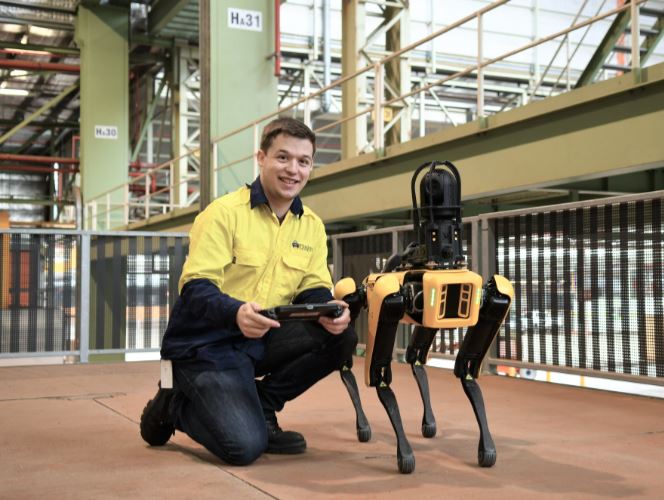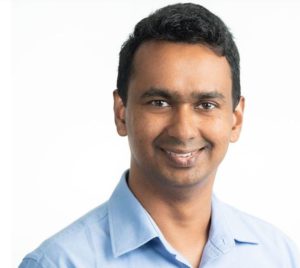
Australia’s robotics ecosystem is rapidly expanding to meet the needs of industrial automation and keep pace with global trends.
What is this doing to the workplaces and the nature of work? Can we predict the skills we’ll need in 2051? One of the challenges for industries to keep up with global advances is to adopt and commercialise new and emerging cutting-edge technologies in light of current capabilities.

‘Automation Nation: Is Automation Inevitable?’ is the topic of the inaugural Future of Work in the Digital Age Seminar, hosted by the Flinders University Australian Industrial Transformation Institute (AITI) on Thursday 17 February, with the second seminar now scheduled for Thursday 3 March.
AITI director Professor John Spoehr will introduce the keynote speaker Dr Navinda Kottege, Group Leader and a Principal Research Scientist at CSIRO Data61’s Robotics and Autonomous Systems Group who will talk about the current state of robotics and automation and paint a picture of what the future of work may hold based on insights from global trends.
Last year, Dr Kottege was part of the CSIRO Data61 team that won silver at the ‘Robot Olympics’, a global challenge to send field robots into unknown underground environments.
Professor Spoehr will also give an overview of the state of automation in South Australia, followed by a rundown of recent developments at The Factory of the Future, a centre for Industry 4.0 technologies, R&D located at the Tonsley Innovation District.
Members of the AITI robotics team will give examples of new developments at the Factory of the Future.
Register for ‘Automation Nation: Is Automation Inevitable?’ – 1.30-2.30pm (ACST) on Thursday 17 February here.

Professor Hugh Bradlow, President of the Australian Academy of Technology and Engineering, will give the second Future of Work in the Digital Age seminar (3 March) and discuss how the next wave of digitalisation might change the nature of work. He is board chairman of ASX-listed RocketBoots Ltd and an independent non-executive director of Silicon Quantum Computing.
Professor Bradlow will argue that the advantage of automation is not productivity but the reduction, and possibly ultimately elimination, of human error.
Register online for ‘The Promise of Digitalisation and Automation‘ from 1.30pm on 3 March 2022.
Join the mailing list for notifications about this year’s AITI Future of Work in the Digital Age seminars which will address questions such as: What is digitisation doing to the nature of work? What can ‘economic complexity’ tell us about the future of Australian manufacturing?
Alison Pennington – Senior Economist from the Centre for Future Work will break down the social implications of capital intensity and investment.
Professor Toby Walsh – Laureate Fellow and Scientia Professor of Artificial Intelligence, UNSW Sydney will discuss the implications and impacts of future demands for workers’ skills on Australia’s training system.
Professor John Quiggin – Professor of Economics at the University of Queensland will reach for utopia: How might the redistribution of work and leisure enable us to leisure to live a more just and dignified life?

